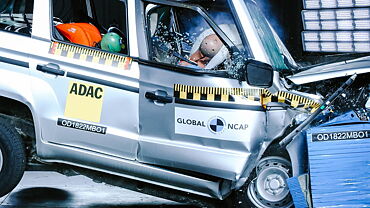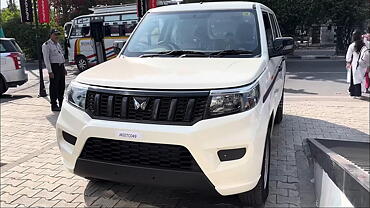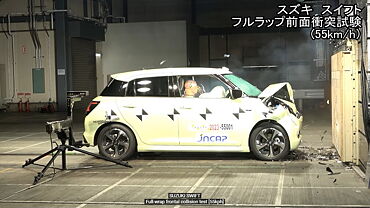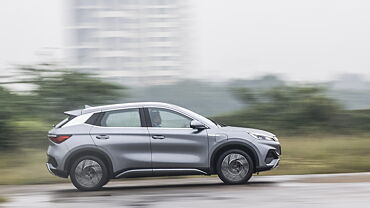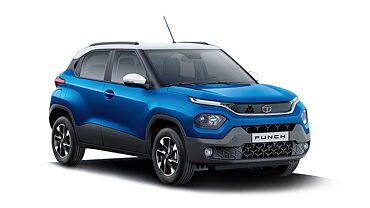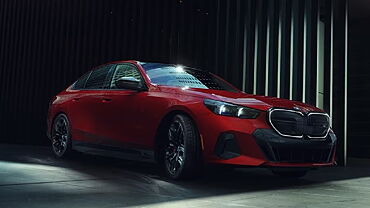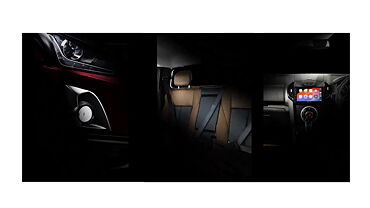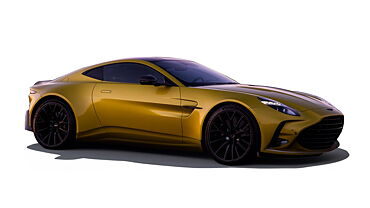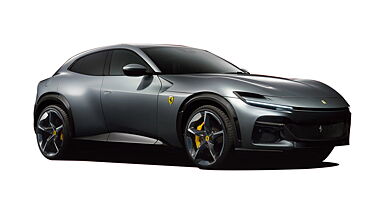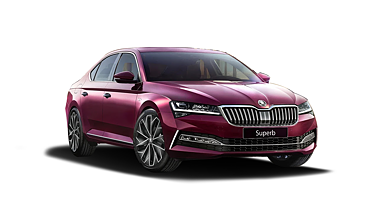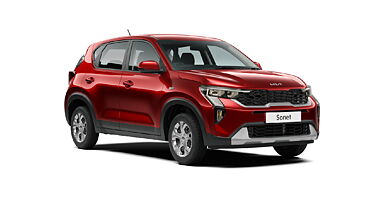Manmohan Singh, Prime Minister of the country, has asked auto makers to quickly adopt the electric technology, which will soon reduce the dependence on imported fuel and offer a green transportation system to India. The initiative will employ a massive investment of more than Rs. 23,000 crore, which will be dedicated from the ends of both – auto companies and the government.
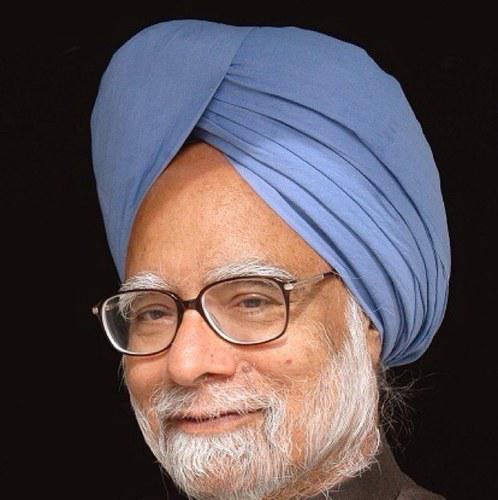
After showcasing the National Electric Mobility Mission Plan 2020, he said, “It is important that we make efforts for reducing the transport sector's dependence on oil. One of the ways in which this can be achieved is by faster adoption of the full range of electric vehicle technologies, including hybrid vehicles.”
Singh said that the transport sector of the country consumes a big amount of energy, of which over 80 per cent of the demand is fulfilled by imports. He added, “This dependence on imports is likely to increase further. High international prices of oil contribute significantly to India's import bill, to our trade deficit and, I dare say in a world of rising petroleum prices, to inflation, thus putting a big strain on our economy.”
According to National Electric Mobility Mission Plan, around 6 to 7 million electric vehicles will result to a fuel savings of up to 2.2-2.5 million tonnes by the end of 2020. “This (mission) is an important milestone in our country's efforts for a cleaner and greener transport system for the future,” he affirmed.
He has also asked the auto industry to look for all the possible efforts to develop the potential in the field of electric mobility. At present, the manufacturing of hybrid and electric vehicles is almost negligible in India.
Speaking on the important barriers that exist for quick adoption of new electric mobility technologies, Singh said, “It is, therefore, necessary to create an eco-system where these technologies can be nurtured. The government is committed to work with industry and other stakeholders to make it happen.”
This initiative is anticipated to run into power from April 2013 in shifts. To attain the approval for funding this mission, the Department of Heavy Industry (DHI) will approach the Finance Ministry soon. The Prime Minister believes that promoting the private transportation through electric vehicles is a fair move and one should also pay attention towards the development of public transportation with the help of alternative energy efficient technologies.
On this, he said, “I would urge that this should be kept in mind when each aspect of the plan is being assessed and implemented. Given our population size and urban densities, public transport should be given greater priority than private transport. In our country, the primary mode of daily commuting should be a high quality energy efficient public transport system.”
The Prime Minister also mentioned that the International Energy Agency estimates an increase of 75 per cent in the demand for fuel from the transportation sector. Reportedly, Indian and China are expected to account for big portion of increased worldwide demand for fuel. In fiscal 2012, the oil imports of India increased from massive 40 per cent to a record $140 billion.
Expressing his views on the Automotive Mission Plan (AMP) 2006-16, the Prime Minister said that he is happy that the government is achieving several key milestones, which were set by them as a part of mission. According to him, these achievements give confidence that the auto industry is realising full potential, which exists in the country by exploring new technologies.



